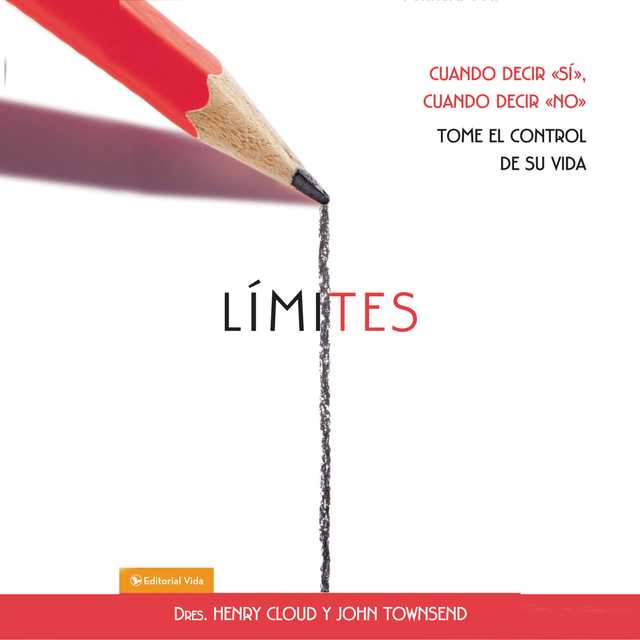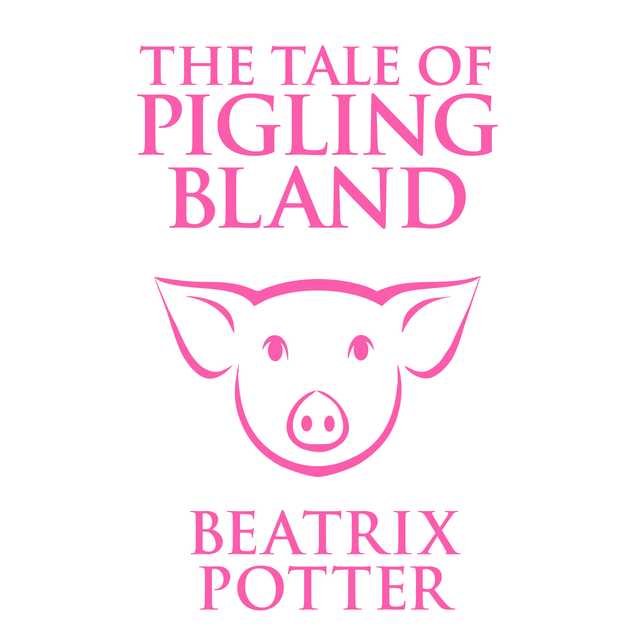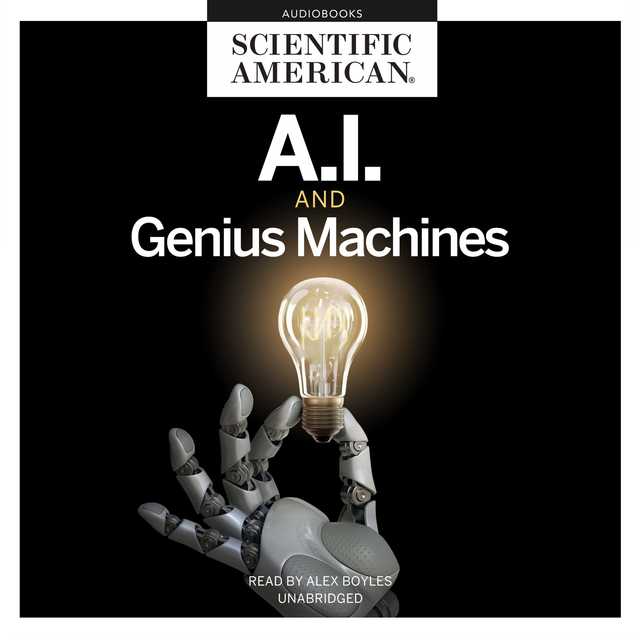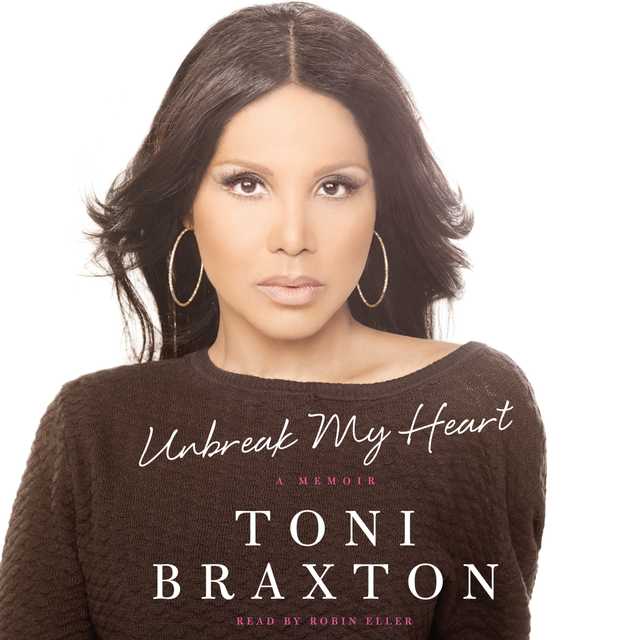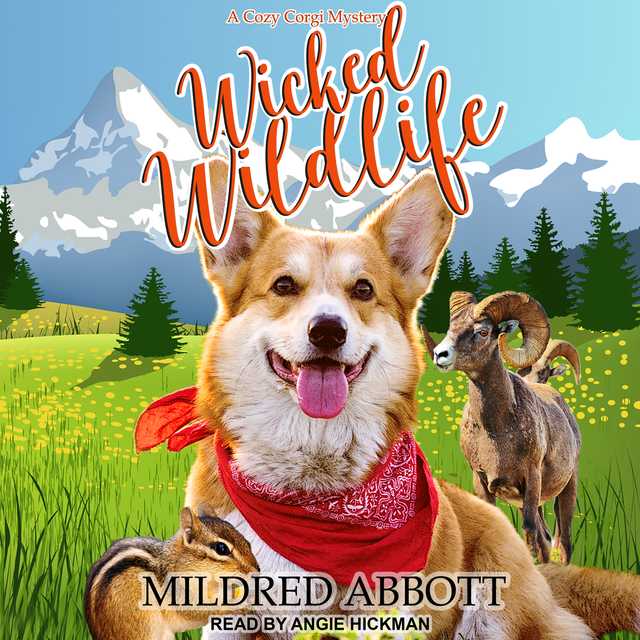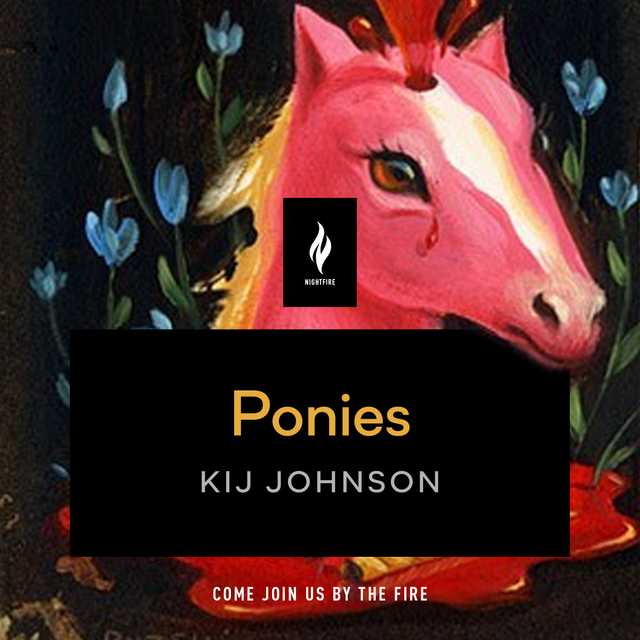A Cruelty Special to Our Species Audiobook Summary
A piercing debut collection of poems exploring gender, race, and violence from a sensational new talent.
In her arresting collection, urgently relevant for our times, poet Emily Jungmin Yoon confronts the histories of sexual violence against women, focusing in particular on Korean so-called “comfort women,” women who were forced into sexual labor in Japanese-occupied territories during World War II.
In wrenching language, A Cruelty Special to Our Species unforgettably describes the brutalities of war and the fear and sorrow of those whose lives and bodies were swept up by a colonizing power, bringing powerful voice to an oppressed group of people whose histories have often been erased and overlooked. “What is a body in a stolen country,” Yoon asks. “What is right in war.”
Moving readers through time, space, and different cultures, and bringing vivid life to the testimonies and confessions of the victims,Yoon takes possession of a painful and shameful history even while unearthing moments of rare beauty in acts of resistance and resilience, and in the instinct to survive and bear witness.
Other Top Audiobooks
A Cruelty Special to Our Species Audiobook Narrator
Emily Jungmin Yoon is the narrator of A Cruelty Special to Our Species audiobook that was written by Emily Jungmin Yoon
Emily Jungmin Yoon is the author of Ordinary Misfortunes, the 2017 winner of the Sunken Garden Chapbook Prize by Tupelo Press. Yoon was born in Busan, Republic of Korea and received her BA at the University of Pennsylvania and MFA in Creative Writing at New York University. She has been the recipient of awards and fellowships from Ploughshares’ Emerging Writer’s Contest, AWP’s WC&C Scholarship Competition, and the Poetry Foundation, among others. Her poems and translations have appeared in publications including The New Yorker, POETRY, The New York Times Magazine, and Korean Literature Now. She currently serves as the Poetry Editor for The Margins, the literary magazine of the Asian American Writers’ Workshop, and is a PhD student studying Korean literature in the Department of East Asian Languages and Civilizations at the University of Chicago.
About the Author(s) of A Cruelty Special to Our Species
Emily Jungmin Yoon is the author of A Cruelty Special to Our Species
More From the Same
- Publisher : HarperAudio
- Abraham
- American Gods [TV Tie-In]
- Dead Ringer
- House of Sand and Fog
- Prey
A Cruelty Special to Our Species Full Details
| Narrator | Emily Jungmin Yoon |
| Length | 1 hours 18 minutes |
| Author | Emily Jungmin Yoon |
| Category | |
| Publisher | HarperAudio |
| Release date | September 18, 2018 |
| ISBN | 9780062864710 |
Additional info
The publisher of the A Cruelty Special to Our Species is HarperAudio. The imprint is HarperAudio. It is supplied by HarperAudio. The ISBN-13 is 9780062864710.
Global Availability
This book is only available in the United States.
Goodreads Reviews
Emily
September 04, 2018
It's been years since I was consistently reading poetry, but I am trying to get back into it. I was a little bit hesitant about accepting A Cruelty Special to Our Species for review, but I am so glad that I did. Emily Jungmin Yoon's collection is heartbreaking and thought-provoking. She pours her heart into these poems, and I loved the honesty. A lot of these poems cover Korean history, and many of them are about "comfort women", who were trafficked for sex work during WWII. So, trigger warning for everything involved with that because these poems really dig into it. They are unsettling & will stick with you. These poems take a look at pain - pain from war, pain from relationships, pain from men, and so much more. They are chilling, and I appreciate that I had the opportunity to read them. I would definitely read more from Emily Jungmin Yoon.
Nhi
October 27, 2018
there were several times i wanted to just...close this book, put it out of my mind, forget i ever read it, because it was just too much. the sorrow, the unresolved grief. speaking of grief here are some lines from one of my favorites:Colonial-era Japanese historians were surethe white pottery and clothes of Korea show perpetualsorrow. Poverty of color, incapacity for pleasure--countless foreign invasions turned the people blankand hollow, cursed to eternal mourning.i'm convinced that poetry is maybe, the closest thing that can put such lasting, searing pain to words.
aqilahreads
March 02, 2021
emily jungmin confronts the histories of sexual violence against women, focusing in particular on so-called comfort women - women who were forced into sexual labour in japanese-occupied territories during WW2. this is such a difficult read and definitely not for readers who will not be able to take in such a heavy topic. however, it is necessary to talk about and i would still highly recommend. i really love how emily navigates these women's stories with grace, tenderness, and care. i cannot imagine how much emily has gone through in order to write these poems out, it really do seem like a very thorough research was done. there were a few sections in this book and my favourite one would be "the testimonies". its also my first time hearing about emily jungmin - already cant wait to read more of her works!
Kathleen
October 04, 2018
Our Q&A for the Poetry Foundation: https://www.poetryfoundation.org/arti...The poet Emily Jungmin Yoon believes that art reminds us that “dissent can manifest itself in beautiful and complex forms.” Born in Busan, the second-largest city in South Korea, Yoon recently published her debut collection, A Cruelty Special to Our Species (2018). The book focuses on the history of so-called comfort women from Korea and elsewhere in Southeast Asia whom Japanese soldiers detained and forced into sexual slavery before and during World War II. This summer, I corresponded via email with Yoon, who is now earning her PhD in Korean literature at the University of Chicago. We talked about activism, translation, the best place for a US audience to dive into K-pop, and how a poem “is always an opening, a question, and never an answer.” The following exchange was condensed and edited.Your poetry weaves together so many social issues from race to gender and violence to history, and you’ve participated in such events as Poets for Puerto Rico to raise awareness and funds in the aftermath of Hurricane Maria. How do you view the relationship between the arts and political activism?Art allows the expression of resistance and subversion that circumvents or confronts censorship and control. Artists invent and expand on modes of defiance to amplify their voices and create solidarity. In literature, writers use narratological and stylistic tactics to challenge the mores of their societies—each choice made in the structure, punctuation, perspective, and vocabulary can be a powerfully charged vehicle to convey meaning and intention beyond what the narrative communicates. Readers can discover revolutionary potential in all details of a work of art, which I think can have a mobilizing effect—some may be moved to think about their own ways of expressing or joining in on the resistance, whether they be in the arts, on the streets, or elsewhere. Art not only makes concrete the notion that dissent is possible in times of darkness but also reminds viewers that dissent can manifest itself in beautiful and complex forms. Art is a strategy for political activism.You’ve remarked that “A lot of people say poetry is dying, but I think that it’s because people think that poetry is out of their reach or irrelevant … especially when times are hard, poetry is most necessary.” Why do you believe that, and what role does poetry play in contemporary life?To continue from the previous response, I do think art is a productive way of expressing dissent. To be even broader, such political potential for art is activated because art is always struggling against or transcending the limitations of society, the body, or even the imagination to find meaning and joy beyond physical experience and knowledge. That struggle does not have to materialize in the form of an “obvious” language of political dissent. Circumlocution, deconstructed language, and unfinished narratives are all welcomed in poetry, and that permits every poem to be a question—every poem is an invitation to a heightened perception of our own existence. People might turn to poems to articulate why and how the world pains them and know that they are not alone in that pain. They might read joyful poems to intentionally deny the world, for a moment, and that’s OK.You point out in your book that in 1991, the year of your birth, Kim Hak-sun became the first former comfort woman to deliver testimony of her life as a sex slave, and the section titled “The Testimonies” draws upon documentary materials from numerous women who endured that experience. What got you interested in this project, and how did you decide to make it the centerpiece of the collection?I have always been interested in the comfort woman history, but poetry provided another medium through which to talk about it and add to the existing discourse—not really to provide new evidence or facts but to make another way to keep the history alive in our memory. That is the work of reproduction and reflection that art does.I actually didn’t start my manuscript thinking “this is a project about the comfort women,” but I ended up writing a lot about them, which also fed into a lot of other poems. So, the poems about the comfort women are literally and symbolically central to my collection, not only because of the historical significance but also because of the fact that they led to meditations that inspired other poems.Discussion and acknowledgement of the plight of the comfort women is often met with protest and outrage. Last fall, for instance, the mayor of Osaka, Japan, cut ties with San Francisco after that city allowed a statue commemorating such history to go up. Why is this subject still so contested today, and how do you see your poetry responding to such controversy?I think the protest and outrage exist because of the postwar narratives that portrayed Japan as the victim. Many scholars on Cold War Japanese cultures would agree that a process of “forgetting” the past took place in Japan to paint the United States as rescuing and converting Japan into a model democratic nation in Asia as part of the greater goal of combating communism and asserting control over the continent. Narrative discourse that challenged this “foundational narrative” was suppressed by both Japan and the US, though of course not without creative dissent and subversion from the people. See Yoshikuni Igarashi’s Bodies of Memory (2000) for more on this.Anyway, I think this rhetoric of “forgetting” the past and rebuilding Japan as a symbol of progress, democracy, and liberation still makes some people refuse to acknowledge the wartime atrocities and colonial traumas that Japan caused in Asia. My poetry aims to reject this denial and reconstruction of comfort women’s histories by engaging with, and becoming mouthpieces for, their stories—to add my voice to the conviction that war memories and responsibilities must continue to be articulated and addressed in artistic, scholarly, and community forums and forms.In your author’s note, you make the distinction between “speaking from within, not for, a community” in regard to the testimonies of comfort women, and you assert that “an experience that is not mine is still part of the society and world that I occupy. It is crucial to know, listen, tell, and retell various stories so we may better theorize and understand our existence.” Why choose poetry as the genre in which to examine and present these women’s histories?A poem, to me, is always an opening, a question, and never an answer. It does not force an absolute conviction. When I read Mai Der Vang’s Afterland (2017), for instance, I feel like a gentle hand reaches toward me to experience a history I did not firsthand live. The lyrical conveyance of historical and emotional information helps me connect the history to mine—to think about the Cold War, immigration, language. ... Even if the book talks about a specific history, it opens my eyes to my own experiences too, and I hope my poems can achieve that effect. I revel in the fact that poetic language, even when uttering a particular experience, even without explicitly aiming to educate, is able to be inclusive and expansive. It’s also liberating that poems have no limits in the visual forms that they can take, which have their own representational meanings.You organize the collection into four sections—“The Charge,” “The Testimonies,” “The Confessions,” and “The After”—and intersperse these with prose poems all titled “An Ordinary Misfortune.” How did you settle on this structure? And why did you give all the prose poems the same title, particularly when so many of the misfortunes seem extraordinarily harsh?I wanted the book to begin with and maintain a strong contextual framing that addresses the history of the comfort women. I also wanted that to be situated alongside other stories of violence and alienation to suggest the continuities of various human cruelties. “The After” hopefully gestures toward more tenderness and futurity in a way that suggests a path that the next book might take but still maintains an emotional and thematic tie to the rest of the book.I saw the phrase “an ordinary misfortune” quoted in the book The Comfort Women: Sexual Violence and Postcolonial Memory in Korea and Japan (2008), by C. Sarah Soh—the trafficking of female Koreans to become “comfort women” (itself a euphemistic term) for the Japanese Imperial Army was so widespread that it was an “ordinary misfortune.” That striking understatement, in that specific context, really pierced me. My first poem writing about that phrase and the comfort woman history started my whole book, as that poem led to more poems about the history and soon linked itself to other histories of sexual violence. I wanted readers to look at the title again after reading the poem and think critically about how one’s society enables or normalizes those violences.In the poem “Bell Theory,” the speaker recalls “being laughed at for my clumsy English” and also utters the title phrase, “a cruelty special to our species,” twice. What kindnesses, if any, do you think are “special to our species?”I think that the human species is capable of intelligently and deftly performing kindness, but I’m not sure if we have kindness that is special to just us. There are other animals with behaviors that humans might identify as “kindness.” That said, I do try to find and appreciate human kindness, even if it’s not special to our species. People fighting to undo or prevent various kinds of harms done by other people give me hope, though again, that’s less a result of a “special” kindness and more of a level of awareness.You’re the poetry editor of the Margins, the literary magazine of the Asian American Writers’ Workshop (AAWW), whose mission statement explains that “in an age when Asian Americans are relegated to sidekicks, whether in sitcoms or the corridors of power, we believe it’s time to bring Asian Americans into the conversations that matter.” How does your work as an editor impact your work as a poet?In the US, many people see the term Asian American and envision an East Asian face. East Asian privilege in the discourse of Asian American literature and culture is very real and can be deleterious to fostering pan-Asian solidarity. Institutions that claim an Asian American identity should actively create space to uplift the voices and visions of all Asian Americans, and I believe the folks at AAWW strive for that.Editing helps me as a poet because, for one, the work really makes me feel like a part of the poetry community even when I’m not writing or attending many literary events. That sense of participation is important to me because it is tough to “feel like a poet” in a non-creative-writing graduate program. Second, perhaps even more significantly, reading also inspires me to write. Sometimes I am driven to abandon academic obligations and just write a poem, and that impulse usually comes when I’m reading. Even jotting down one line while reading gives me a lot of peace and joy.In your poem “Between Autumn Equinox and Winter Solstice, Today,” you write, “I read a Korean poem / with the line ‘Today you are the youngest / you will ever be.’” You’ve also published some translations. What contemporary or historical Korean poets do you recommend, and are there any you’d like to translate yourself? I recommend Kim Hyesoon’s books, translated by Don Mee Choi and published by Action Books. The world of Hyesoon is vigorous, intestinal, and irresistible. The Colors of Dawn: Twentieth-Century Korean Poetry (2016), a collection translated by Brother Anthony of Taizé and Chung Eun-Gwi and published by the University of Hawai‘i Press, is also a good introduction to modern and contemporary poetry. I think it would be cool to translate poetry by women poets from the colonial era to trace the history of feminism (by the modern definition) in Korea.Can you say a bit more about feminism by the modern definition in Korea? What does feminism look like there, and how does it resemble or differ from feminism elsewhere in the world?In the modern period, often periodized as being the same as the colonial era, 1910–1945, there was a lively discussion of women's rights and liberation, starting roughly around the 1920s with the discourse on "free love," marriage, and sexuality. It was also a decade in which many prominent writers, not only women writers, were committed to proletarianism and class revolution. The second boom in feminist discourse, literature, and research is thought to have occurred in the 1990s. Both the modern and contemporary investment in feminism can be said to owe somewhat to Western texts and theories, which I imagine one might say about feminisms in other parts of the world, but there are conscious efforts to avoid uncritically taking and applying them to Korean social contexts. People are doing the labor of excavating forgotten or silenced authors and their works to reshape/expand the canon (e.g., Lee Sang-kyung), studying the roots of family ideology (Kwon Myong-A), examining how women poets used poetry to call for gender equality and feminist collectivity (Ku Myŏng-suk), etc. Unfortunately, most of these works are not available in English. I presume feminists in other countries are doing the same for their specific societal and cultural realities. I can't say I know much about feminism elsewhere, though, especially because geopolitical disparity functions in a way that makes the production and reception of Western feminism more visible than others. Now that this book is done, what do you plan to publish next?I’m actually working on a couple of translation projects! I don't have all the details set yet, but they will be feminist women's writing from Korea. I’d also like to write more poems. I want to work out a schedule to find time to devote to poetry.When you’re not writing poetry or working on your PhD studies, how best do you like to spend your time?Eat, go shopping, and Netflix and Chill™—all the better if with loved ones! I also like long baths. My current go-to shows are Terrace House and Queer Eye.Is there anything I haven’t asked you about that would be your dream question to answer? I’m not sure if this is my dream question, but I do want to talk about the international popularity of K-pop. What are the implications and consequences of that popularity, say, in America? What does it tell about the relationship between language and sense of belonging? How does it reflect or change expectations about performance of gender? I don’t have clear-cut answers, but I want to talk about transnational phenomena such as this without facing the racist accusation that these interests are frivolous or inane.If you could recommend one K-pop song to an American audience looking to get into the genre, what would it be?“Fake Love,” by BTS, not only because it did immensely well in the US and cracked the Top 10 in the Billboard Hot 100 very recently, but also because their choreographies, fashion, and music videos are really interesting. I think boy groups such as BTS can offer a glimpse into how expectations on gender performance and masculinity differ across cultures.
Francesca
October 13, 2019
Short and impactful, A Cruelty Special to Our Species: Poems opens a window into the lives of Korean women who have survived sexual assault, including the stories of those who were forced to be comfort women for the Japanese during World War II. Some poems shine a light on a specific time and place, though the entirety of this collection unveils more universal elements of culturally sanctioned dehumanization that is as heartbreaking as it is vile and pernicious. This book will not be for the faint of heart, but I would still definitely recommend it as Emily Jungmin Yoon allows for these women’s stories to be truly seen in a way that is respectful to their humanity.
Noah
February 10, 2019
"The trouble with trees is that their bodies and limbs are too capable, capable of burning, of living, capable of leaves, of leaving, charcoal ash, and we think we have power."This is a short, devastating collection. Covering difficult subjects from the sex slavery of Korean comfort women during World War Two, to the fetishization of Asian women in western culture, to the tragic beaching of whales, Yoon does so with grace and with great, great effective eloquence. Her language is jolting, and though painful, very rewarding.
Eunice (nerdytalksbookblog)
April 11, 2021
Eloquent, beautiful and painful. A Cruelty Special to Our Species centered on the sex slavery of Korean comfort women during World War II. Emily Jungmin Yoon mentioned in her author’s note that her poetry is not meant to answer but rather to continue asking questions - and that’s what I admire in this book, it presented itself without reservations, never holding back. It is as if the readers were reliving the same horrifying events with a wider perspective than they had before. Emily Jungmin Yoon’s poetry was meant to continue bringing relevance to the sufferings of Korean women and how it is still connected in the present times. A Cruelty Special to Our Species though short definitely packed a punch. It was brimming with eloquence and beauty but also pain. There are poems that are hard to get through, the vivid imagery of the unspeakable things done to the comfort women made my heart ache. The experiences of these comfort women is not far from what the Filipino comfort women have experienced during the Japanese Occupation. Reading A Cruelty Special to Our Species, dare I say, is a shared experience. Emily Jungmin Yoon is a poet I will definitely watch out for. CW: Sexual assault, abuse, rape, sex slavery
Shivanee
September 02, 2021
These poems don’t shout. They don’t need to. Emily Jungmin Yoon channels the voices of women forced into sexual servitude, ‘comfort women’ of the Japanese territories of World War II. The power of this work is that it will both break your heart, and you will be thankful for it: that you’re alive to read each poem, pressing the hurts hot and insistent to your gaze, resisting silence, demanding your attention with quiet, vehement urgency. “You did, you did, you did, and you, and you, and you,you did this to me in my home, you did this while crying.I cannot make a sound as though my mouth is fullof honey. Of a colony of bees. Honey, honey.You lift my skin. Inside it lives your dream of forestswhere snow grows old and you are young,cold and white and lonelywithout my suffering”27/31#TheSealeyChallenge
Kaitlyn
June 01, 2022
The best poetry book I’ve read this year.
Peycho
February 17, 2019
FearI wanted to carve it out of me—become a fjord flankedby historic cliffs. How elsecould I write the yearsI did not live. I wanted the spacefor fear emptied, teem with liveslike the black-and-white photosof Max Desfor’s.I don’t know what I expected to feelin front of his Korean War photograph.The image that won him the Pulitzerheld refugees crawling a wrecked bridge,but this wasn’t it—it was a pair of hands,blackened fingers sprouting out of snowwith a hole above them.Desfor says, in a screen behind me,“The man’s hands were bound and that black holewas where he breathed his last.”That black hole, that sphereof fingers. That oceanic arm, that fjordof mine. Holding what I had believedto be void. Voice,a fearful current. Underneath,bodies of light,of water.Between Autumn Equinox and Winter Solstice, TodayI read a Korean poemwith the line “Today you are the youngestyou will ever be.” Today I am the oldestI have been. Today we drinkbuckwheat tea. Today I have heatin my apartment. Today I thinkabout the word chada in Korean.It means cold. It means to be filled with.It means to kick. To wear. Today we’re worn.Today you wear the cold. Your chilled skin.My heart kicks on my skin. Someone saidwinter has broken his windows. The heat insideand the cold outside sent lightning across glass.Today my heart wears you like curtains. Todayit fills with you. The window in my roomis full of leaves ready to fall. Chada, you say. It’s tea.We drink. It is cold outside.
Ljubomir
March 24, 2020
"A Cruelty Special to Out Species" is a collection of narrative and prose poems, most of which tell the stories of "comfort women" (or sex slaves) from countries that were occupied by the Imperial Japanese Army. Some also tell of the chauvinistic and threatening attitude of the US soldiers during the Korean war, and some deal with sexualisation and fetishisation of Asian women, and the author's experience as a young Asian girl in the US.These important and disturbing stories are sometimes told in a simple manner, sometimes with striking imagery, sometimes more poetically, but always fittingly. At times the poems can feel repetitive, and yet they are all necessary.
Kei
January 18, 2019
This was POWERFUL. I felt my anxiety creeping while I read this because of unsettling and horrible some of things these "comfort women" experienced. I was left in physical pain... but there are realities we need to write and read about.
Madhumitha
April 30, 2022
What a haunting collection of poems. This is truly a clarion call for reparative justice, written with so much love and humanity.I started this book feeling numb to its horrors but I realised I couldn't stop reading. As I got into the section 'The Testimonies', I felt a retching inside reading about the atrocities and indignities faced by women forced into sexual slavery in World War II. To have gone through such depths of trauma in service of 'comfort', no one should ever have to suffer like this. That this suffering is often hushed or forgotten is a further indignity, lost in much of contemporary Korean popular culture. As I read each poem, I couldn't help but agree - there is indeed cruelty that feels unique to this species.As in the Author's Note: "I'd like to remind readers that even if a part of history may not seem to be relevant to their lives, it is - it is their reality too."And"Poetry is not just relief; poetry is tension. Poetry is departure. Poetry is return. Poetry is memory"In deep gratitude to the writer, who I note was born in the same year as me, for remembering and amplifying these women's stories in a way that invites in rather than distance. That invitation is profound, connecting our various forms of suffering and locating in there a powerful source of collective healing.
Rana
May 17, 2022
Royal AzaleaMy friend. You can’t tell me apartfrom my sister, my cousin. My friend.You want to pluck awayat my gut. Digest my origins, crush mewith your teeth.There are mountains of me.Fluorescent, inflorescent.Infrared: mountains of us.Find me with azalea. Confuse mewith azalea.Find constellations where I open.Royal flushof my skin: you’ve foundmy nectar guide.Touch me underneathmy regalia, I’m viscid.Taste me, I’m sweet. You won’t even knowthe toxin on your tongue,in your gut now. --------------------------To the Winter Apricot Blossom Did I trick you,with the glow from my window,the warmth of my skin?It started with a lone flower,ember-like in the lifting dusk,burgeoning on the branchnosing into my room.At night the floret shadow droppedonto my page, my arm, my poem.In the snow you were heavywith a hundred bulbsto light the winter into spring.A cold misty morning.You alone illuminate the sky,small lanterns, red, bursting lobes.
Frequently asked questions
Listening to audiobooks not only easy, it is also very convenient. You can listen to audiobooks on almost every device. From your laptop to your smart phone or even a smart speaker like Apple HomePod or even Alexa. Here’s how you can get started listening to audiobooks.
- 1. Download your favorite audiobook app such as Speechify.
- 2. Sign up for an account.
- 3. Browse the library for the best audiobooks and select the first one for free
- 4. Download the audiobook file to your device
- 5. Open the Speechify audiobook app and select the audiobook you want to listen to.
- 6. Adjust the playback speed and other settings to your preference.
- 7. Press play and enjoy!
While you can listen to the bestsellers on almost any device, and preferences may vary, generally smart phones are offer the most convenience factor. You could be working out, grocery shopping, or even watching your dog in the dog park on a Saturday morning.
However, most audiobook apps work across multiple devices so you can pick up that riveting new Stephen King book you started at the dog park, back on your laptop when you get back home.
Speechify is one of the best apps for audiobooks. The pricing structure is the most competitive in the market and the app is easy to use. It features the best sellers and award winning authors. Listen to your favorite books or discover new ones and listen to real voice actors read to you. Getting started is easy, the first book is free.
Research showcasing the brain health benefits of reading on a regular basis is wide-ranging and undeniable. However, research comparing the benefits of reading vs listening is much more sparse. According to professor of psychology and author Dr. Kristen Willeumier, though, there is good reason to believe that the reading experience provided by audiobooks offers many of the same brain benefits as reading a physical book.
Audiobooks are recordings of books that are read aloud by a professional voice actor. The recordings are typically available for purchase and download in digital formats such as MP3, WMA, or AAC. They can also be streamed from online services like Speechify, Audible, AppleBooks, or Spotify.
You simply download the app onto your smart phone, create your account, and in Speechify, you can choose your first book, from our vast library of best-sellers and classics, to read for free.
Audiobooks, like real books can add up over time. Here’s where you can listen to audiobooks for free. Speechify let’s you read your first best seller for free. Apart from that, we have a vast selection of free audiobooks that you can enjoy. Get the same rich experience no matter if the book was free or not.
It depends. Yes, there are free audiobooks and paid audiobooks. Speechify offers a blend of both!
It varies. The easiest way depends on a few things. The app and service you use, which device, and platform. Speechify is the easiest way to listen to audiobooks. Downloading the app is quick. It is not a large app and does not eat up space on your iPhone or Android device.
Listening to audiobooks on your smart phone, with Speechify, is the easiest way to listen to audiobooks.











